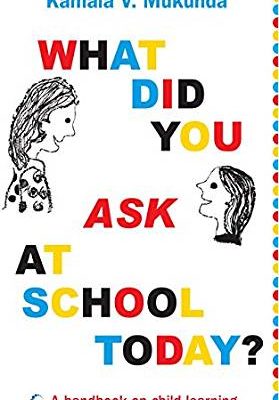The room of fixed dimensions
Why time management is one of the most challenging tasks for man? Imagine a room of fixed dimensions. You have only a
When life becomes complex with so many
how we spend our days is, of course, how we spend our lives.
No matter our profession, no matter whether we are a student or a professional or an artist we have to prioritise our things for making the most of our time. What is the most important thing for me at this moment?
Seneca and the shortness of life
Every human being once moves past childhood, comes to the
It is not that we have a short time to live, but that we waste a lot of it. Life is long enough, and a sufficiently generous amount has been given to us for the highest achievements if it were all well invested. But when it is wasted in heedless luxury and spent on no good activity, we are forced at last by death’s final constraint to realize that it has passed away before we knew it was passing. So it is: we are not given a short life but we make it short, and we are not ill-supplied but wasteful of it…
Life is long if you know how to use it .
This is the whole point. An acute awareness of mortality or shortness of life should spur mankind to action and to increased alertness about life.
Filling the unforgiving minute
The discussion on shortness of time and things to do in life take us to the obvious question. How can we do it all? Once we realise the fact that we are not supplied with an unlimited time, the next question is how to make the best use of available time. As we have seen already, what matters the most is prioritisation. Secondly, we must guard against wasting our time on unimportant things. Thirdly we must develop innovative ways to increase our efficiency in doing things. All these are easier said than done. We need to really think before we invest our time for something. Is it really worth it? We must also remember that we are living in an age of distraction. There is always something to distract our attention. Our children are particularly vulnerable here. It won’t be a bad idea if we include time management in our school curriculum too. Most of our children are a puzzled lot when it comes to time management. We must also ask some hard questions about our schooling too. What is important is how smart we are in designing school curriculum. Take the example of memory itself. Memory is a very important component of our teaching and assessment methods . An important question to be asked in this information age is, do we need to spend so much time and effort to memorise so much ?
Though we are now at the peak of technological advancements, even technology can be misleading when it comes to management of time. It all depends on how the human being makes the best use of technology to gain time. We must also remember that certain technological wonders have the capacity to hook us to them and grab our time in the process. For example , we have a lot of social media around. However, hours and hours of aimless social media browsing may turn out to be an absolute futile activity which accords no benefit to the user. In
Alan Watts was a British philosopher who popularised the eastern notion of mindfulness in the west. In his most important book, The wisdom of insecurity; A message for an age of anxiety he brings out the supreme importance of living in the present. This is very important in approaching time with all earnestness and in utilising it responsibly. Watts argues that the roots of human frustration and daily anxiety
More than 100 years ago , Rudyard Kipling wrote a poem ( Titled “If” ) which turned out to be an incredibly inspiring one. As he exhorted us in that poem, all that we need to do is to fill the unforgiving minute with 60 seconds worth of distance run. Thousands of people who walked on this earth before us have shown the boundless possibilities of human life when time is put to the best use. We have no reason to doubt that.







No Comments